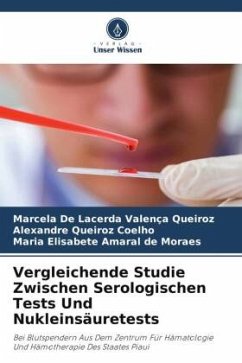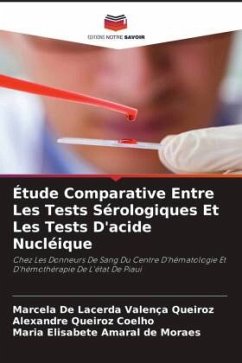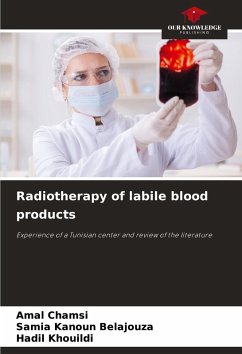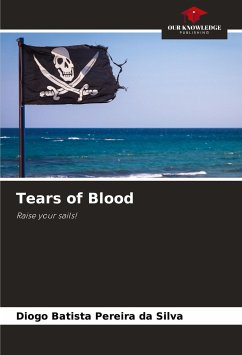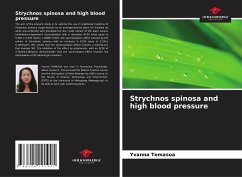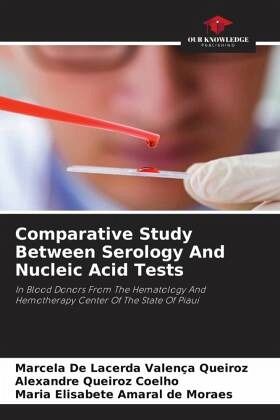
Comparative Study Between Serology And Nucleic Acid Tests
In Blood Donors From The Hematology And Hemotherapy Center Of The State Of Piaui
Versandkostenfrei!
Versandfertig in 6-10 Tagen
29,99 €
inkl. MwSt.

PAYBACK Punkte
15 °P sammeln!
Serological tests for HIV and HCV are based on the detection of antibodies present in the donor's blood. This is what is known as the immunological window, a period in which, even if infected, the individual's serology is negative. The aim was to carry out a comparative study with a critical analysis of the screening methodologies for HIV and HCV testing in donors at the Hematology and Hemotherapy Center of the State of Piauí - HEMOPI. The comparison between the methodologies showed that although the agreement between the HIV tests was 99.7% and that between the HCV tests was 99.8%, the two m...
Serological tests for HIV and HCV are based on the detection of antibodies present in the donor's blood. This is what is known as the immunological window, a period in which, even if infected, the individual's serology is negative. The aim was to carry out a comparative study with a critical analysis of the screening methodologies for HIV and HCV testing in donors at the Hematology and Hemotherapy Center of the State of Piauí - HEMOPI. The comparison between the methodologies showed that although the agreement between the HIV tests was 99.7% and that between the HCV tests was 99.8%, the two methodologies are complementary, since the Kappa coefficients were 0.25 (fair) and 0.50 (moderate) respectively. In this way, it can be inferred that, as there are still no serological tests on the world market with 100% sensitivity and specificity, an alternative proposed to guarantee transfusion safety is the association between complementary methodologies, as is currently suggested by the Ministry of Health, through Health Surveillance.Keywords: Hemotherapy, HIV, HCV, Serology, NAT test.



